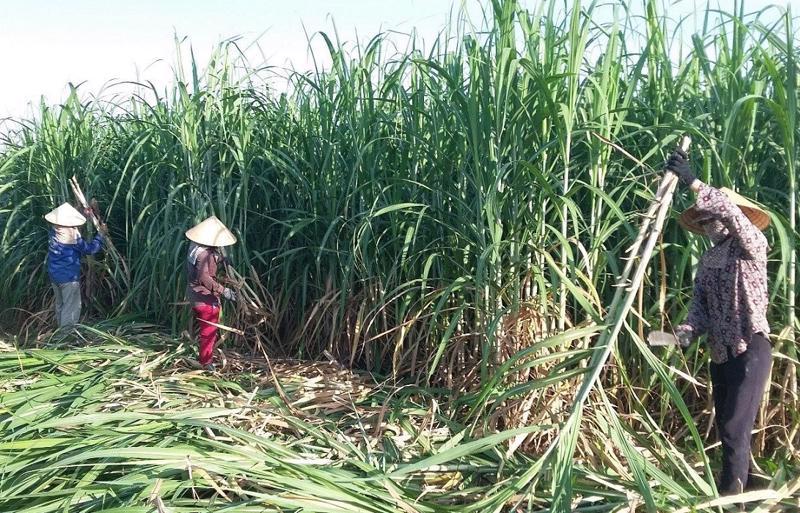The Central and Central Highlands regions account for 62% of Vietnam's total sugarcane production. However, these areas are facing the adverse impacts of climate change, particularly the increasing scarcity of irrigation water for sugarcane, heard a workshop.
At the workshop on climate change adaptation strategies to enhance the competitiveness of Vietnam's sugarcane industry on September 13, experts recommend developing a circular economy model for the sugarcane production chain, reducing greenhouse gas emissions, and adapting to climate change.
They noted that the 2024/25 crop year will be significantly affected by climate change.
According to the National Hydro-Meteorological Forecast Center, the ENSO phenomenon is likely to shift to a La Niña state with a probability of 60-70% from September to October 2024. Therefore, adapting sugarcane production to climate change and reducing greenhouse gas emissions is inevitable.
Chairman of the Vietnam Sugarcane and Sugar Association, Nguyen Van Loc, stated that Vietnam's sugarcane and sugar production has witnessed four consecutive seasons of growth, culminating in a 61% increase in the 2023/24 season compared to 2020/21.
The Central Highlands region, a leader in agriculture and sugarcane processing, has driven this expansion, boasting a 96% increase in production during the same period. This region now accounts for 62% of Vietnam's total sugar output, he added.
Among ASEAN countries, Thailand, Vietnam, the Philippines, and Indonesia are the major sugarcane producers. While other nations in the region, such as Laos, Cambodia, and Myanmar, also cultivate sugarcane, their production and standards are generally lower.









 Google translate
Google translate